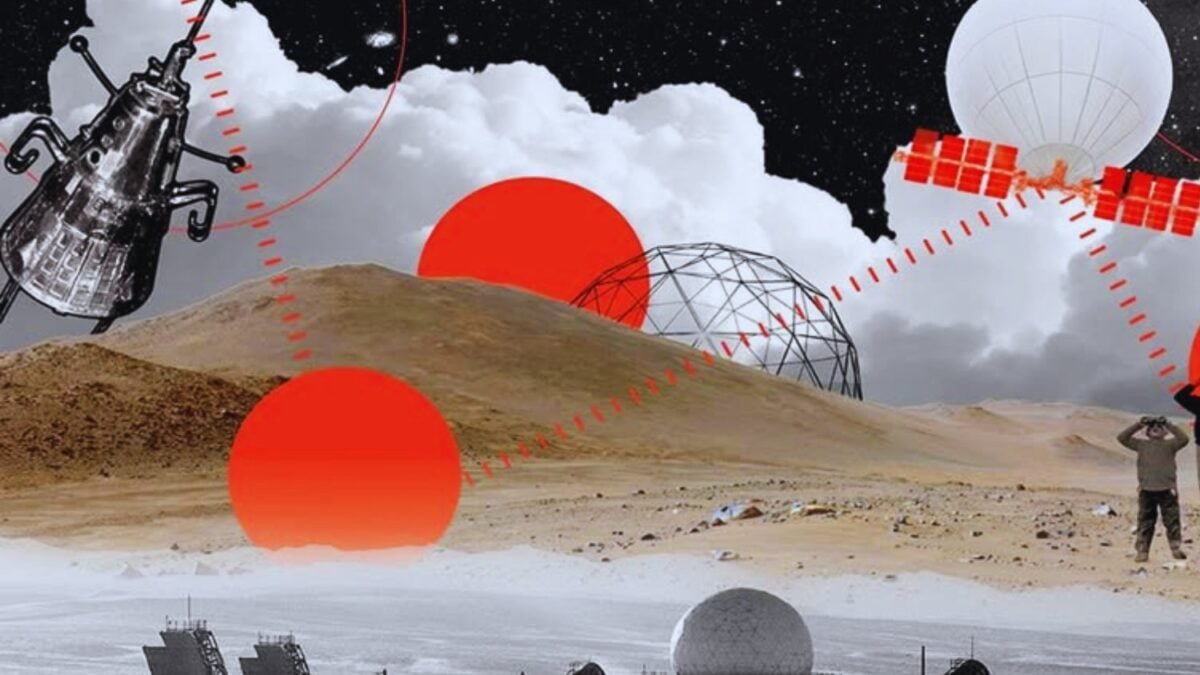Maybe killing extraterrestrial life is necessary for its discovery: astrobiologists and philosophers confront scientific and moral dilemma

The concept of “first contact” often brings to mind images of ships, diplomats, and grand speeches. In reality, it is a much more practical and technical process: a probe collects a sample, an instrument analyzes it, and a scientist interprets the data. But what happens when the methods used to confirm life end up destroying it in the process?
Viking: the precedent that set the standard
The Viking mission set a precedent by comparing “alive” samples with “dead” controls to detect biological signals. While this approach yielded valuable scientific data, it also raised ethical concerns about the destruction required to confirm life.
Instruments that analyze by destroying: precision versus conservation
Advanced tools like mass spectrometers offer high-resolution analysis but come at the cost of potentially destroying microbial populations. Some experts advocate for using non-destructive methods first and resorting to destructive techniques only when necessary.
Planetary protection: rules, gaps, and new actors
Current rules aim to prevent contamination of other worlds, but they were designed primarily for government missions. The arrival of private operators and future human flights complicates the enforcement of these regulations. Global governance must evolve to address these challenges and ensure responsible exploration.
Plural ethics: what do we value and who decides?
The question of whether to intervene in foreign ecosystems for the sake of scientific knowledge is a complex ethical dilemma. Some argue for broader societal input in decision-making processes to ensure fair and transparent choices that balance scientific progress with ethical considerations.
Towards a reasonable protocol: transparency, scaling, and orbital return
Experts propose practical measures to mitigate the impact of destructive analysis techniques, such as establishing evidence thresholds and considering orbital containment. International cooperation and public engagement are essential to develop governance mechanisms that prioritize ethical criteria and preserve the integrity of potential extraterrestrial ecosystems.






